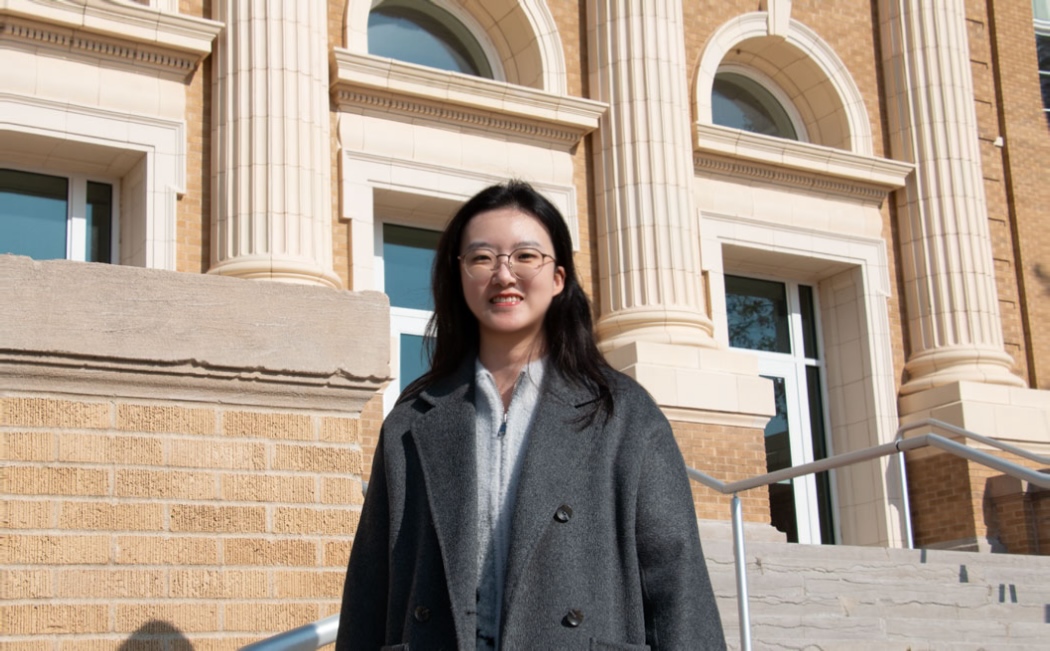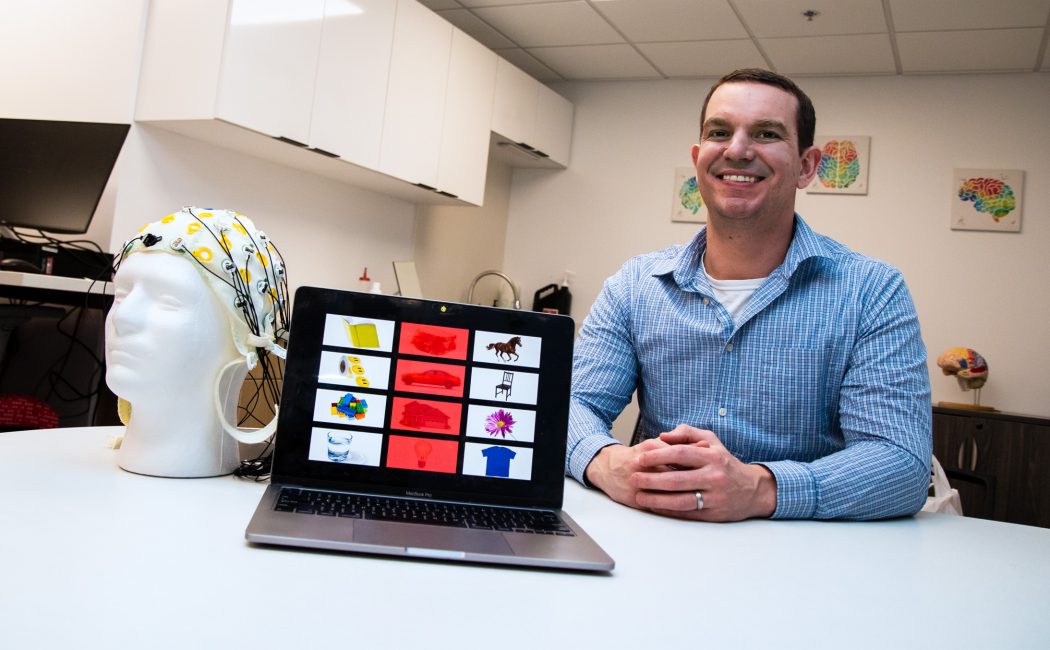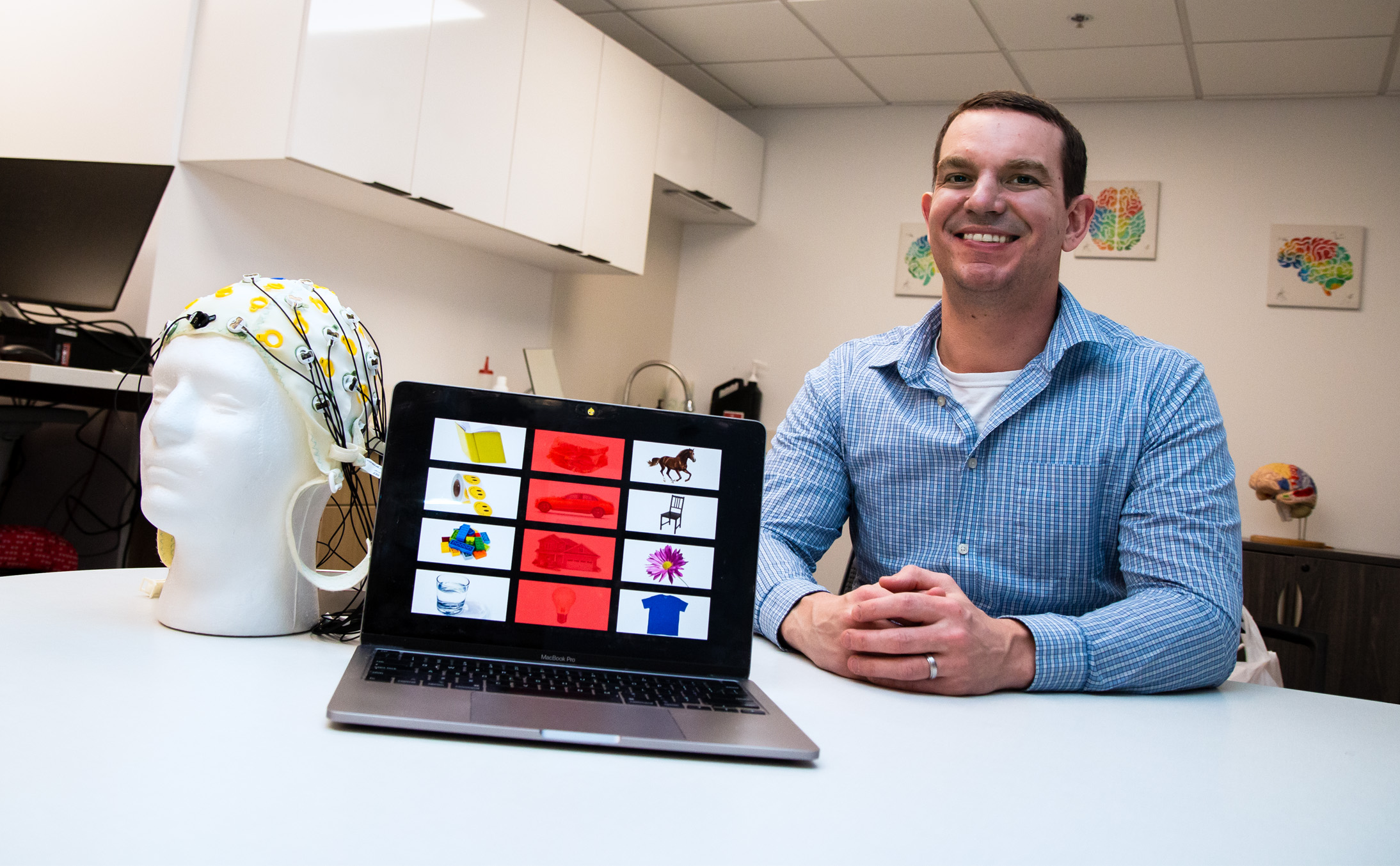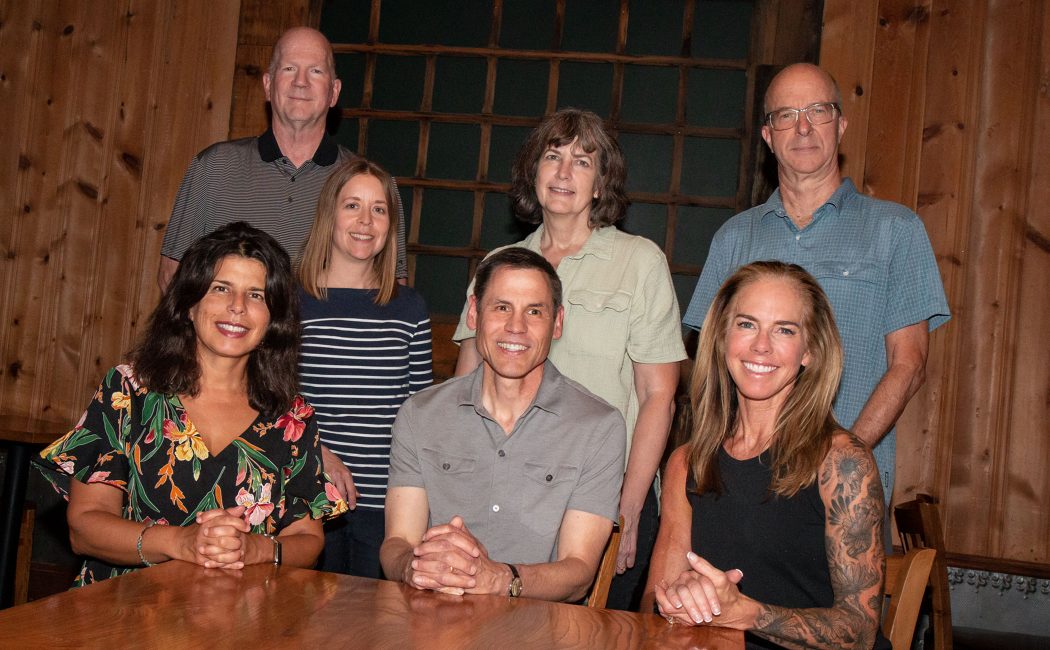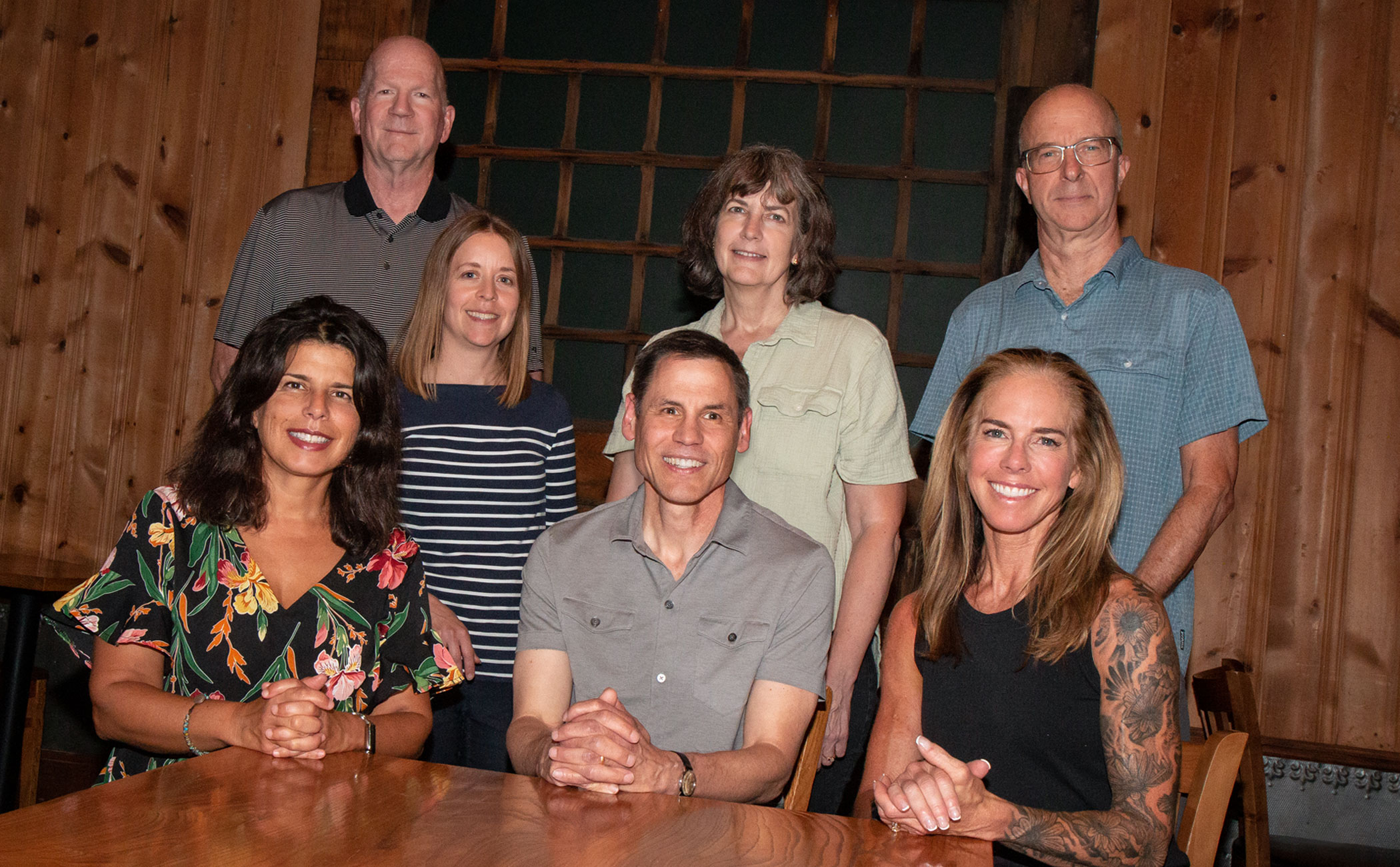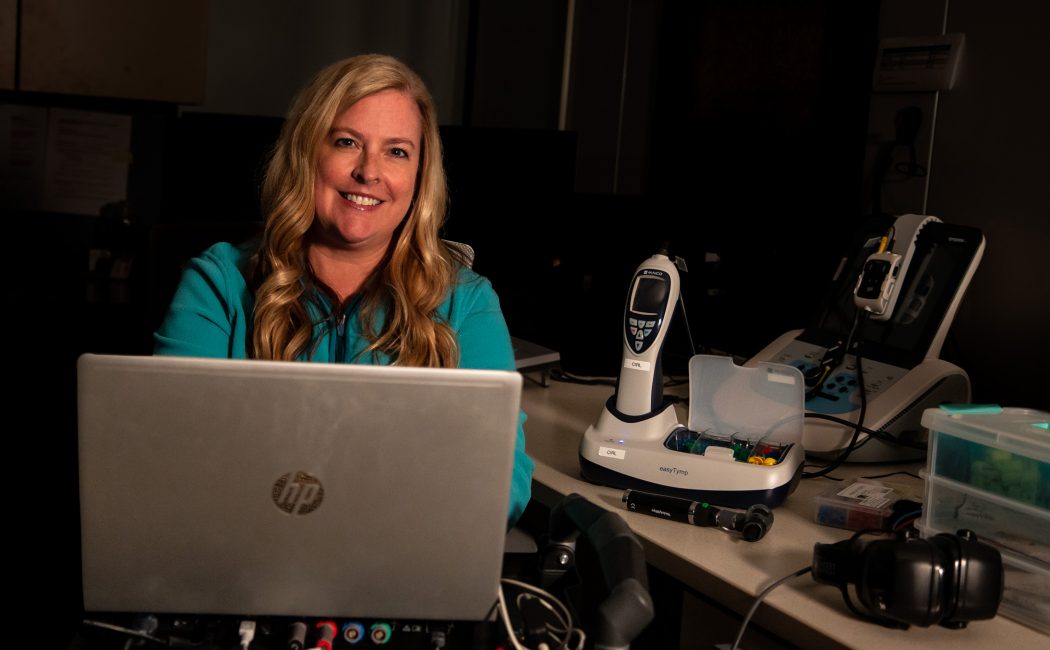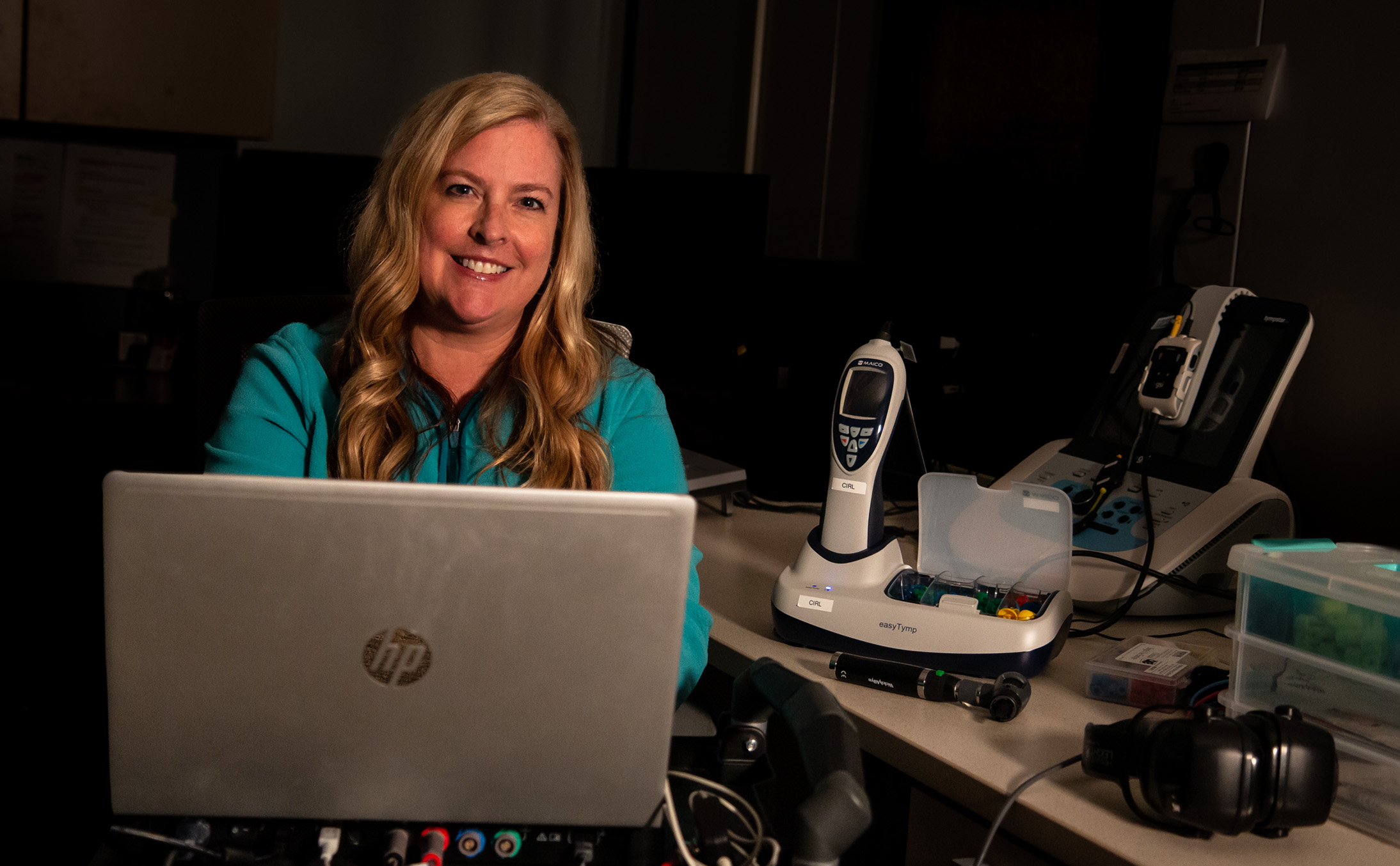
As computers become more and more ubiquitous in nearly every aspect of daily life, the demand for teachers who can prepare the next generation of tech leaders is more pressing than ever.
Leen-Kiat Soh, professor of computing, is leading a project to ensure future generations of K-12 teachers are equipped with the skills and knowledge to bring the cutting-edge computer science into the classroom.

